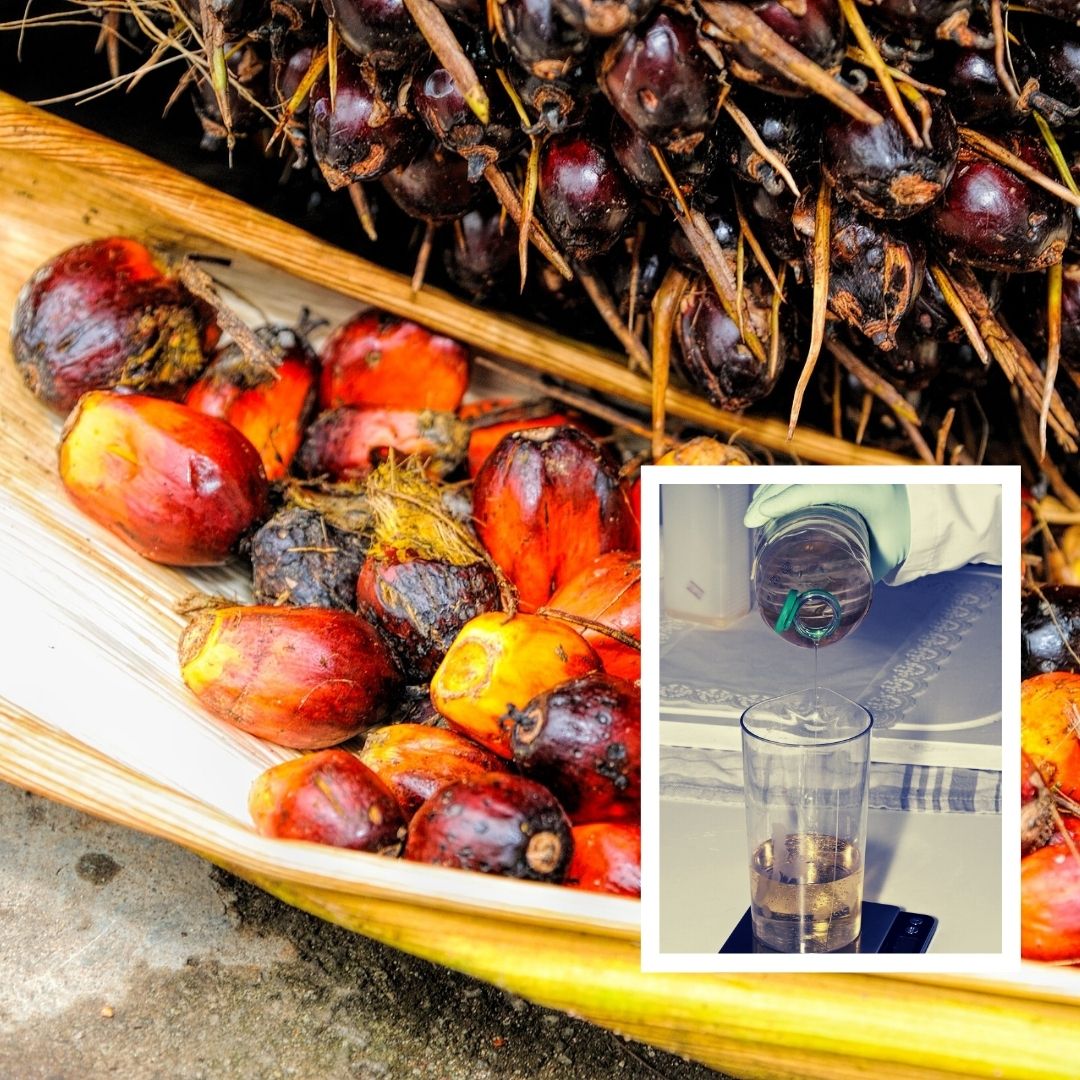National Palm Oil Mission To Make India Self-Reliant Entails Adverse Environmental Impacts
Writer: Nida Fatima
Nida Fatima is enrolled in Guru Gobind Singh Indraprastha University, New Delhi. She has done her Bachelors in Science and now she is pursuing Master’s in Mass Communication. She is an effective communicator aspiring to be a journalist with conscience, clarity, reason and balance.
India, 17 Sep 2021 5:39 AM GMT
Editor : Palak Agrawal |
Palak a journalism graduate believes in simplifying the complicated and writing about the extraordinary lives of ordinary people. She calls herself a " hodophile" or in layman words- a person who loves to travel.
Creatives : Palak Agrawal
Palak a journalism graduate believes in simplifying the complicated and writing about the extraordinary lives of ordinary people. She calls herself a " hodophile" or in layman words- a person who loves to travel.
The objective of the mission is to increase the area under oil palm cultivation from the current 3.5 lakh hectare to 10 lakh hectare by 2025-26 and 16.7 lakh hectare by 2029-30.
Recently, Prime Minister Narendra Modi announced ₹11,000 crore national mission to boost palm oil production in the country as a part of the Aatmanirbhar Bharat Abhiyan.
The National Edible Oil Mission-Oil Palm (NEOM-OP) According to the data, 60 per cent of the edible oil consumed in the country is imported. More than half of this is palm oil, followed by soybean and sunflower.
In FY 2020-21, edible oil imports touched $ 11 billion or about ₹80,000 crore (13.5 million tonnes). Despite these imports, edible oil inflation in July 2021 (on a year-on-year basis) was 32.5 per cent.
Is Reducing Dependence On Imports A Good Idea?
The initiative aims to reduce India's dependence on other nations for edible oils. India is one of the largest consumers and importers of palm oil—60 per cent of its total vegetable oil imports.
When compared to other oilseed crops, palm oil palm cultivation is more profitable as it can produce up to 10 to 46 times more oil per hectare, while the other oilseed crops have a yield of around 4 tonnes oil per hectares, reported The Quint.
However, the plan, which is believed to provide employment opportunities and save billions of rupees in foreign exchange, entails huge ecological risks.
The government intends to support farmers and promote productivity and area expansion by increasing assistance from ₹12,000 per hectare to ₹29,000 per hectare.
Special assistance of Rs 250 per plant will also be available to replant old gardens for their rejuvenation, as per Bloomberg.
As per reports, the north-eastern states and the Andaman and Nicobar Islands would be due to on the priority list for the scheme due to conducive weather conditions in the regions.
Biodiversity At Stake
Palm oil production can yield abundant yield in tropical areas that are traditionally rich in biodiversity. The trees start producing fruit bunches four years after their plantation, hence the gestation period and the overall plantation activities end up altering the topical forest covers.
The crops are also a huge water guzzler, thereby, impacting not just the flora and fauna but also local communities inhabiting the region.
 All section
All section














